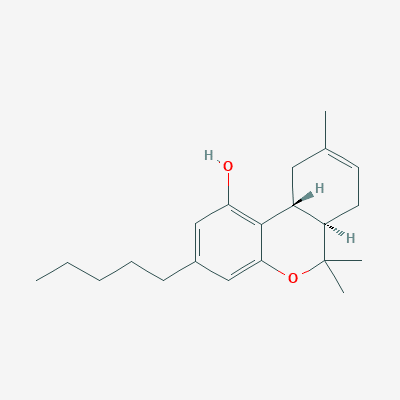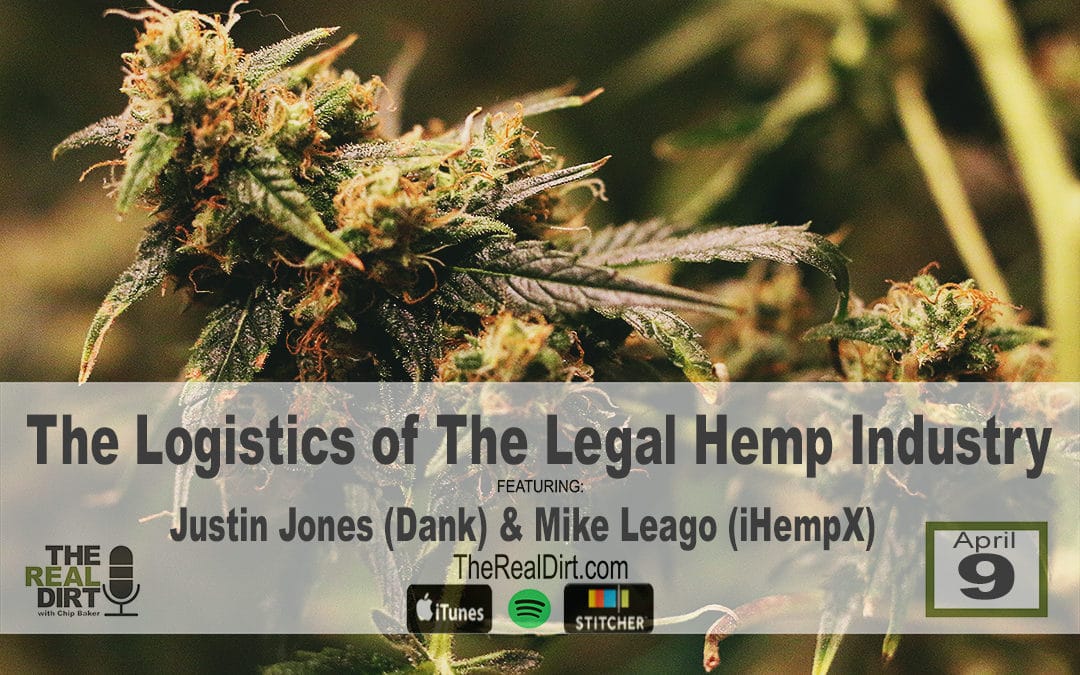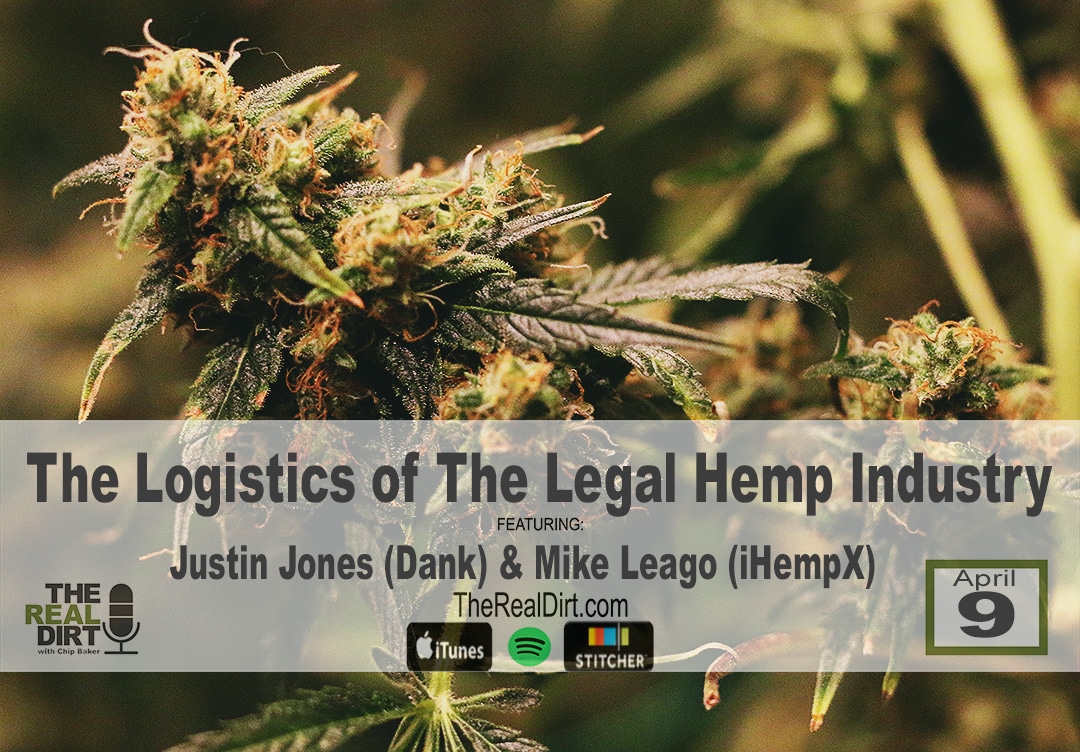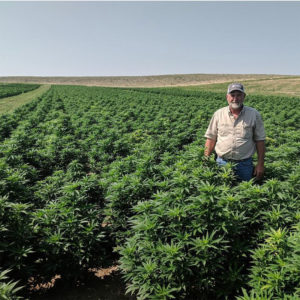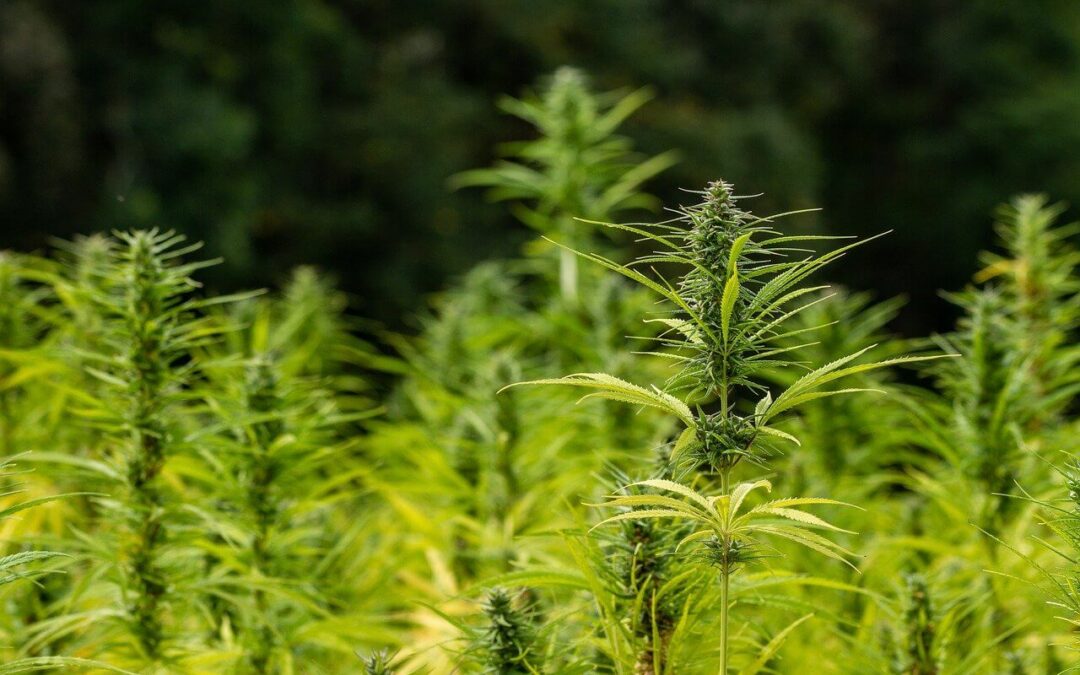
Texas lifts ban on smokable hemp, with caveats
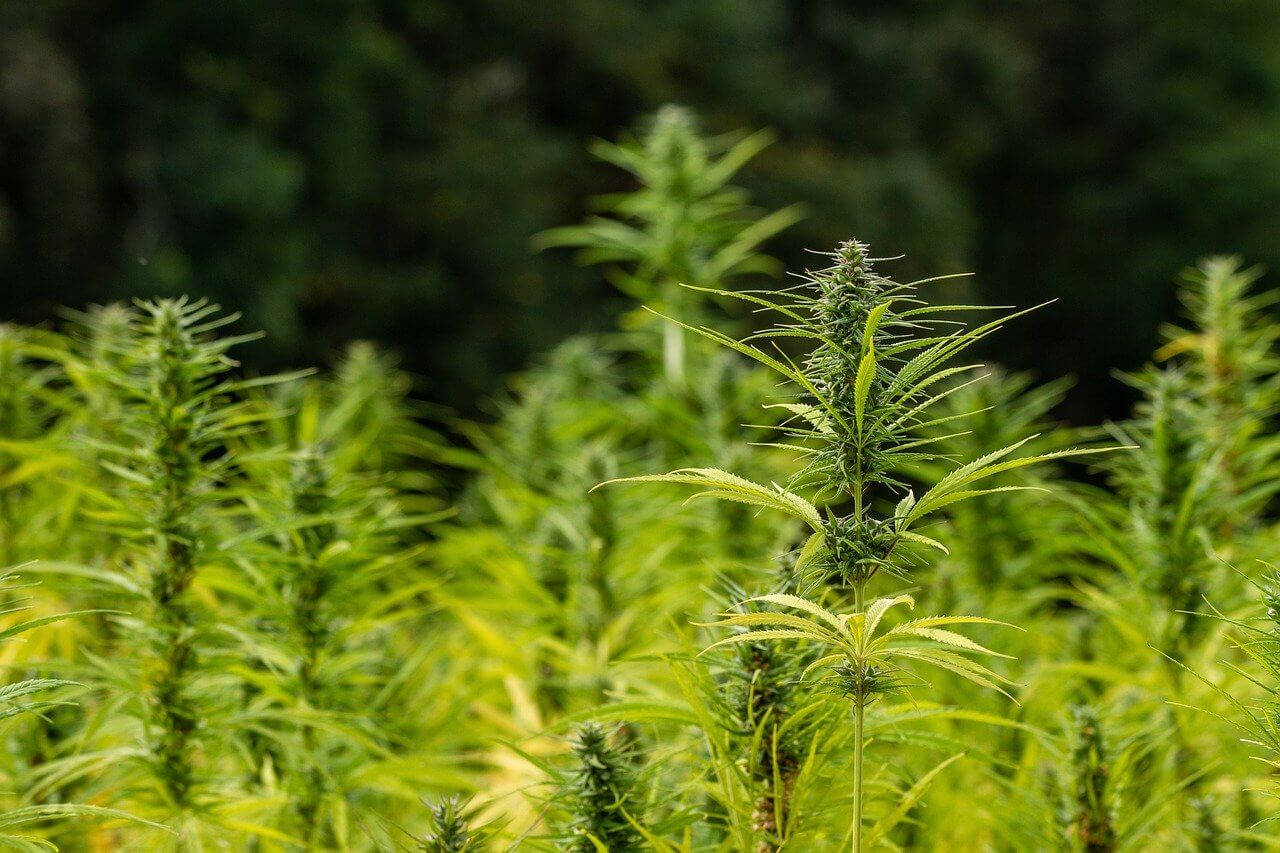
An appeals panel in Texas issued a mixed judgment Thursday in a lawsuit challenging the state’s ban on smokable hemp. Regulators may enforce a ban on the processing and manufacture of products intended for smoking or vaping, the court ruled, but it cannot prevent such products made elsewhere from being sold in the state.
The decision creates a situation in which consumers may be able to freely purchase smokable hemp flower and hemp-derived CBD oils for vaping, but only if the products are produced outside Texas.
Four Texas companies challenged the ban in a lawsuit last year, asking the court to declare the restrictions unconstitutional and allow hemp products intended for smoking or vaping to be produced and sold legally. In response, a state judge eventually put the entire ban on hold, preventing the government from enforcing it until the matter could be resolved in court.
In Thursday’s ruling, a three-justice panel of the Third District Court of Appeals drew a distinction between the processing and manufacturing of smokable hemp—which lawmakers strictly prohibited its production when they legalized hemp in 2019—and distribution and sales, which regulators at the Texas Department of State Health Services (DSHS) forbade under a rule adopted a year later.
Writing for the panel, Justice Melissa Goodwin reasoned that lifting the ban on product sales was justified because the DSHS restriction went beyond the scope of lawmakers’ manufacturing ban.
“The Legislature required that the Department’s rules must reflect the principle that ‘the processing or manufacturing of a consumable hemp product for smoking is prohibited,’ but did not mention retail sale,” the judgment says. “Nevertheless, the Department adopted a rule that banned not only the processing and manufacturing of consumable hemp products for smoking, but also the distributing and retail sale of such products.”
On the other hand, the panel’s ruling will allow lawmakers’ ban on production and manufacturing of smokable hemp products to take effect. Thursday’s ruling reversed a lower court’s decision to prevent the state from enforcing that part of the ban.
“Because the Hemp Companies never provided ‘a plain and intelligible statement of the grounds’ to enjoin the enforcement of rule 300.104’s bans on manufacturing and processing consumable hemp products for smoking, we conclude that the trial court abused its discretion in granting the temporary injunction and enjoining the enforcement of that portion of the rule,” Goodwin wrote.
Advocates in favor of broader legal access to cannabis products emphasized the significance of the court’s decision to allow smokable hemp to be sold in the state. But they lamented the fact that in-state manufacturing of the products will remain illegal.
“The reversal of the ban on distributing and selling smokable hemp products is a big win for Texas farmers and hemp businesses. It is extremely important that regulatory overreach is kept in check so that Texas companies are not prevented from excelling in this market,” Jax Finkel, executive director of Foundation for an Informed Texas, told Marijuana Moment on Thursday. “I am hopeful that manufacture portion of the suit will end in a similar opinion.”

